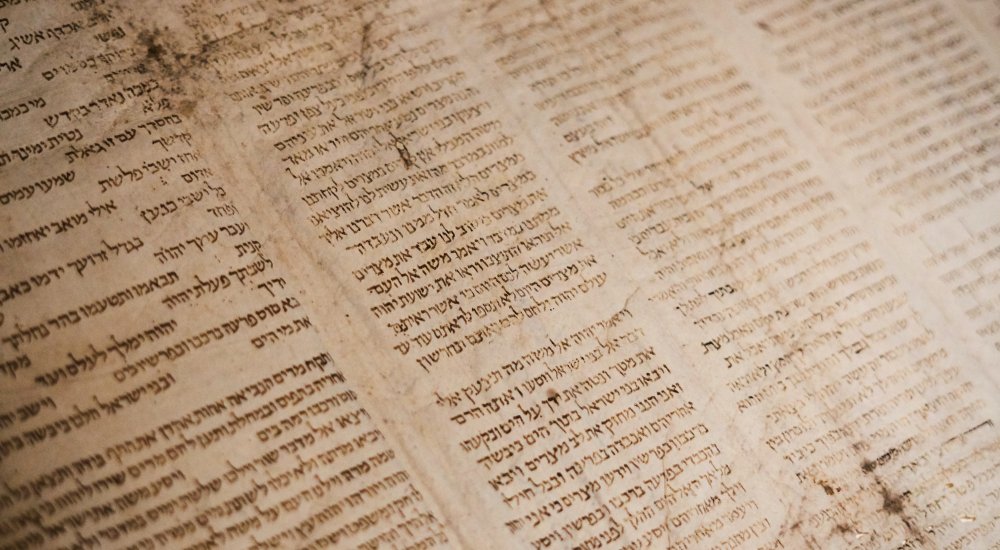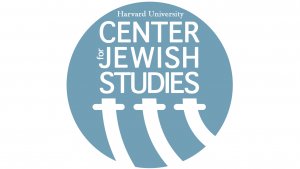Harry Starr Fellowship in Judaica
2025-2026 Theme: Jewish Philosophy

The Harvard University Center for Jewish Studies invites applications each academic year for the Harry Starr Fellowship in Judaica. Applicants may come from any discipline in the humanities or social sciences associated with studies in Judaica; junior faculty are especially encouraged to apply. PhDs are required.
The Harry Starr Fellowships were established by a bequest from the estate of Harry Starr, A.B. 1921, LL.B. 1924, who had a broad vision of academic Jewish studies and of their place in university programs in the humanities and the social sciences.
The Starr Fellowship covers travel expenses and a stipend for a group of scholars from around the world to gather at Harvard to engage in full-time research in a designated subject area in Judaica. By drawing together scholars from a variety of universities and a variety of disciplines within the humanities and social sciences, the Starr Fellows not only share their research with each other but also with members of the Harvard community.
Starr Fellows will work on campus for the duration of their appointment (unless University policy forbids Harvard-sponsored travel and access to Harvard buildings and resources). Fellows are expected to participate in our weekly Starr Seminars during the spring semester. We encourage fellows to come for the entire year. Fellows are expected to devote full-time study to their projects without undertaking any other major activities and will be asked to present their work in progress in a seminar during the spring semester. It is hoped that fellows will participate in the academic and social life of the University and the Jewish studies community at Harvard.
Eligibility: Scholars from around the world, recent Ph.D. recipients, junior faculty
Stipend Amount: $40,000 for the spring semester or $70,000 for the full academic year
Field(s) of Interest:
The Starr fellowships for 2026-2027 will be available exclusively to post-doctoral and early career (untenured) scholars working on any topics in Jewish philosophy — ancient, medieval, or modern. Preference will be given to scholars whose work conforms to standard methods of rational argumentation in the philosophical discipline, but candidates working in any disciplines of the humanities (philosophy, theology, literature) or the Social Sciences (anthropology, sociology, ethnography) are encouraged to apply.
Application includes:
- short project proposal (1-2 pages)
- Curriculum vitae
- two letters of recommendation; the recommendation deadline is January 23, 2026.
Apply via ARIeS: Harry Starr Fellowship in Judaica
Other Eligibility Requirements:
Applicants must have their Ph.D. by the end of January 2026 or a letter from the degree-granting institution’s registrar’s office as a verification document confirming that the requirements of the degree were completed, and the date on which the degree will be conferred.

